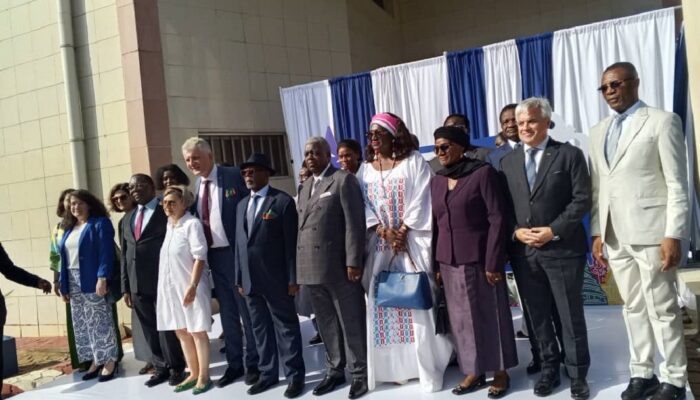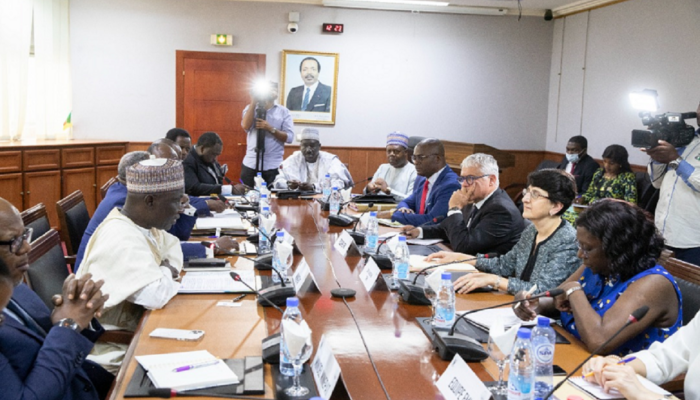This prospective study examines the economy of Cameroon, shedding light on its future prospects and its positioning in relation to other countries in the Central African sub-region. By analyzing key economic sectors, challenges, and opportunities, this study provides insights into upcoming trends and potential strategies to stimulate growth and strengthen Cameroon’s position in the region.
Cameroon, located in Central Africa, plays a crucial economic role in the sub-region. With a dynamic population, abundant natural resources, and a strategic geographic position, the country presents significant potential for sustained economic growth. This prospective study examines the key factors that will influence Cameroon’s economy in the years to come, as well as its positioning compared to other countries in Central Africa.
Cameroon possesses substantial natural resources, including oil, natural gas, timber, minerals, and agriculture. Sustainable management and effective utilization of these resources can stimulate economic growth and diversify the country’s revenue streams. Agriculture plays a crucial role in Cameroon’s economy, offering opportunities for rural development, job creation, and exports. Modernizing agriculture, investing in rural infrastructure, and supporting small-scale farmers can enhance the sector’s competitiveness.
The development of the manufacturing sector can contribute to the structural transformation of Cameroon’s economy by creating jobs and promoting local value addition. Key elements to stimulate this growth include promoting industrialization, improving the business environment, and diversifying manufacturing exports. Services such as tourism, telecommunications, financial services, and information technology offer significant growth potential. Strengthening infrastructure, improving access to financial services, and fostering innovation can support the development of the services sector.
Improving infrastructure, including transportation, energy, and telecommunications, is essential to enhance economic competitiveness and attract investments. Investments in these areas can create business opportunities, facilitate intra-regional trade, and bolster Cameroon’s positioning in the sub-region. Improving the business environment, including streamlining administrative procedures, enhancing transparency, combating corruption, and protecting property rights, is crucial to attract foreign investments and promote local entrepreneurship.

Cameroon can leverage its geographic positioning to enhance economic cooperation with neighboring countries within the Economic Community of Central African States (ECCAS). Regional integration can facilitate trade, ease capital movements, and create a larger market for Cameroonian products. Cameroon holds a central and strategic position in Central Africa. To strengthen its economic positioning, it is essential to foster close regional cooperation with neighboring countries and encourage trade partnerships. Implementing cross-border infrastructure projects, promoting regional transport corridors, and harmonizing economic policies can enhance Cameroon’s economic and commercial connectivity with other countries in the sub-region.
The economy of Cameroon presents promising opportunities for sustainable growth and increased prosperity. By capitalizing on its strengths, overcoming challenges, and strengthening regional cooperation, Cameroon can consolidate its economic positioning in the Central African sub-region and play a leading role in promoting economic growth and regional development.






